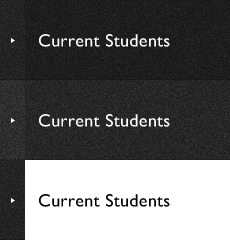Tsinghua International Summer School, Tsinghua University, 2017/7/16-2017/7/29
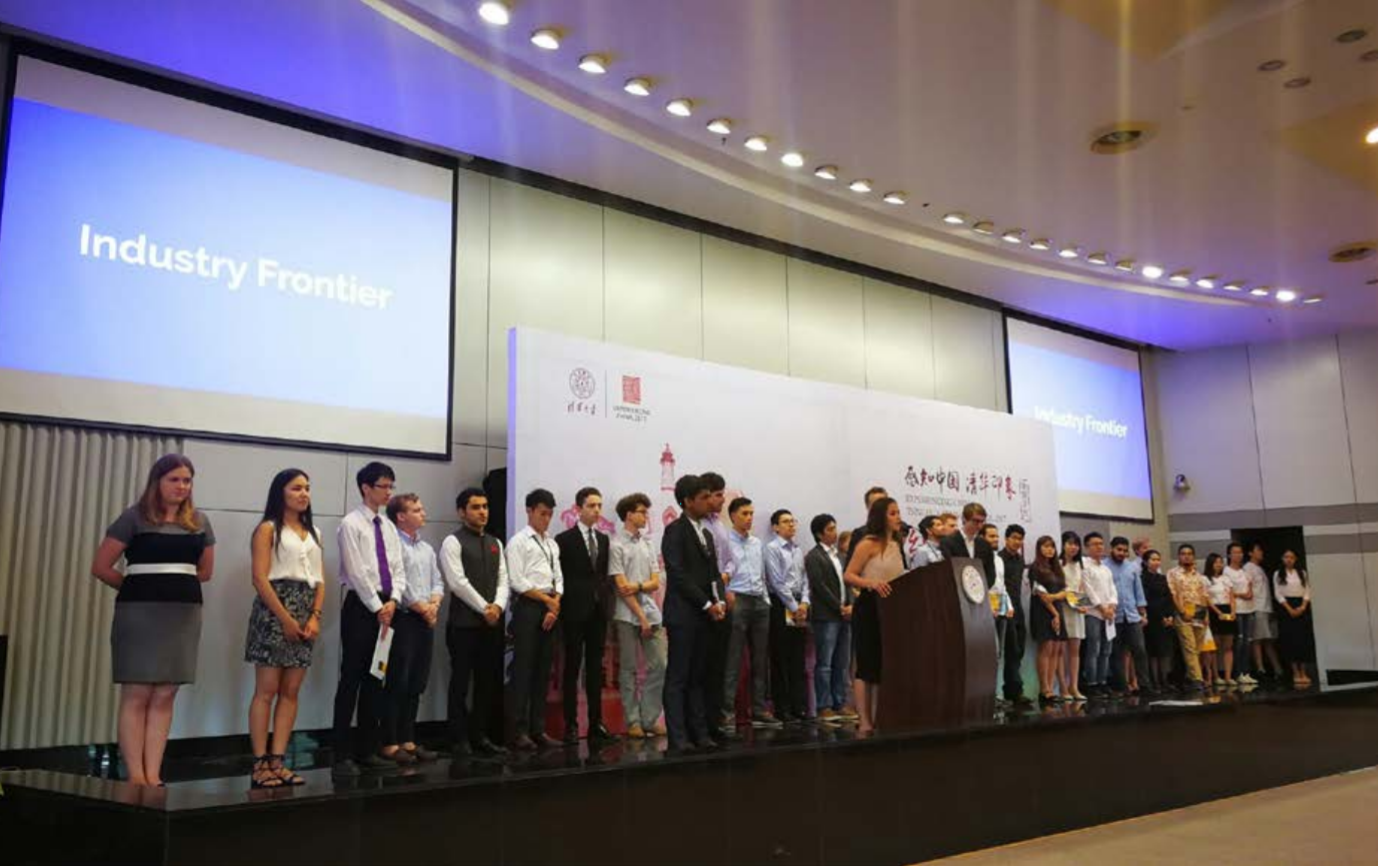
Year of Study: |
M2 |
|---|---|
School: |
School of Computing — Department of Computer Science |
Country / Region: |
China |
University / Institution: |
Tsinghua University |
Program Duration: |
2017/7/16-2017/7/29 |
Introduction
Experiencing China held at the Tsinghua University where I attended is a programthat actually feels China in five senses by visiting Beijing in China, seeing buildings andlistening to local stories. All the participants were divided into seven groups such asenvironment and education, and we surveyed China from each point of view, in which Ibelonged to a group called urbanization. The main activities are lectures and fieldwork.The lecture was received by the whole group or each group, and learned about thesituation in China based on the history of China. In fieldwork, we actually visited variouscities in Beijing, China, such as areas that became tourist sites from factory sites. Finally,Each group gathered what they learned in a poster and announced the contentssummarized for other groups.
Before Going to Study Abroad
It was because I was advised by the foreign student from my laboratory who cameto China. Tokyo Institute of Technology that I belong to is focusing on globalization inrecent years, so that university professors speaks in English in their lecture since I entered.Moreover, foreign students are many at domestic universities, and there are abundantabroad programs as well. Now that I belong to this university, I wanted to have anexperience of international exchange once.
I have been to Asia such as Thailand and Indonesia as an overseas trip, but China isthe first time. Even when saying overseas trips, what I have done is sightseeing spots,where there are foreigners who can speak Japanese, so I rarely talk in English. What I wasmost concerned about during my study abroad was language problems. English is studyingcontinuously from junior high school, so I can not talk at all, but I have never gotten over700 in TOEIC, so it is not particularly special. Moreover, since the foreign student inJapan can speak Japanese to some extent, I have never talked in real English with aforeigner who does not understand Japanese. So, I tried to speak in English so that I couldbe a student at a laboratory, I noticed that I did not have enough vocabulary skills to conduct everyday conversation. I can not come up with words expressing my emotions, and the conversation stops. So I learned words and phrases used in everyday conversation with a book in my university library before I study abroad. In fact, I was anxious since I could not be relieved with this book alone.
As a preparation for study abroad, I selected a group I wanted and sent an email to Tsinghua University. Among the seven groups that can be selected, I decided on a group called "urbanization" that learned the historical background of China, the relation between cities and countryside, the cultural and creative development of industrial areas through expert lectures and fieldwork. The reason for making this group is that China is growing fast now, even GDP value is overtaking Japan in 2010. I wanted to actually see what is going on in such China, and I joined the group so that I can surround various cities in China. As a result, I was thinking about learning more about neighboring country China through this program. As the impression of China felt through the media such as my television, the air was dirty and there was not much good image, so I wanted to know the actual situation.
ChineseCultureand Life
When I first arrived at Beijing Airport in China, I noticed that I do not understandChinese kanji well. Chinese characters are kanji as you can tell from what has beencommunicated to Japan, but since most of the kanji actually used has never been seen inJapan, I could not read it. However, part of that kanji was something I saw in Japan, so Icould guess. Just fortunately, there are signboards with explanations in English togetherwith Chinese in places where there are many people such as airports, so I understood thegeneral meaning. However, at the airport I first told a place like a restaurant to eat lunch,but as a matter of course, Chinese clerks speak Chinese and I had to grasp what he issaying from the context. Unlike Japan, there were suddenly shared a table with peoplewho did not know, and the meal was too much. Apparently, they seemed to be less familiarwith English, and even when they talked in English they were talked back in Chinese.Nevertheless, I managed to talk in different language in China because I felt like beingtold to the other person if I used patiently gestures.
However, living abroad is different from living in Japan It is hard to respond. I triednot to use overseas SIM card, but only with free Wi-F i. Because I thought that I couldconnect anywhere to the university. However, when I arrived at the airport, I could notget in touch with the volunteers from the Tsinghua University. I was able to see thembecause they had a placard, but it is a problem that I can not use the only contact method.By the way, I installed the Chinese app called "WeChat" on my cell phone, because I can not use SNS that you normally use in Japan such as LINE in China, I got in touch with volunteers and people in my learning group. Although I actually went and noticed, Tsinghua University was very large and university free Wi-Fi could not be used everywhere. Moreover, since it is suddenly disconnected and unstable for many hours after connecting, it has to be confirmed frequently. It was the most troublesome problem while studying abroad because I do not know the current situation of myself and other people unless I get in touch. Especially when I was alone and I had a bad connection, I was in trouble.
It was hard to eat. Chinese people did not speak much English not only at the airport, but also at the cafeteria of the university, so in most cases, I ordered what I would like to eat with my fingers. Although the menu is presented with the price, I can not read it and can not pronounce it, so I pointing my fingers what I could eat in front of me and appropriately paying the fee. Payment was completed just by holding the card provided by the university over a dedicated equipment. The card that I got has already been charged 200 yuan. Chinese food is expensive in the restaurant, but the cafeteria of the Tsinghua University is not so expensive and there are many quantities so that I was often full by paying around 10 yuan. However, the foods in China is different from it I eat in Japan.
Roughly everything is greasy, and some are very spicy. Personally I do not like all Chinese food. When I ordered by myself, I tried various kinds, but I chose preference for bread and fried rice which can be eaten Japanese food as well after all. Watermelons seemed cheap in China, and it was sold a lot. I also ate some foods recommended occasionally by foreign students who know China a little, it was delicious. However, I did not know what food I was eating because I can not read Chinese letters. Especially in a buffet style meal, I take something delicious and eat it, but I could not understand it even though I asked other foreign students about the name of foods.
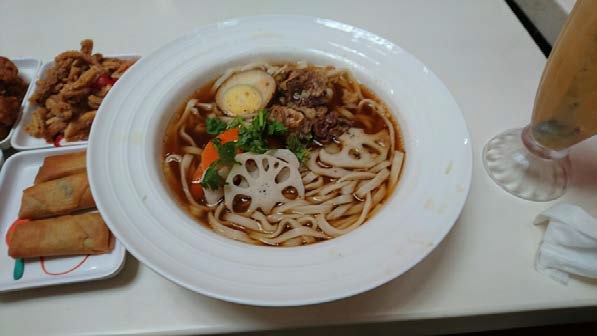
figure 1. At the airport
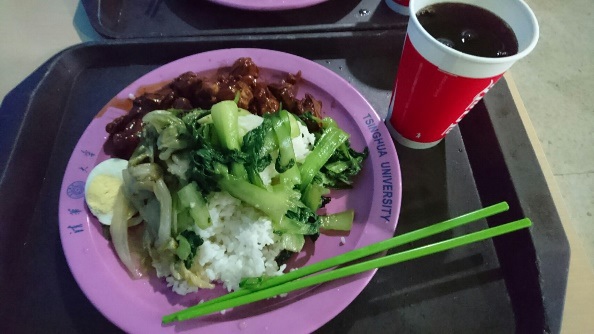
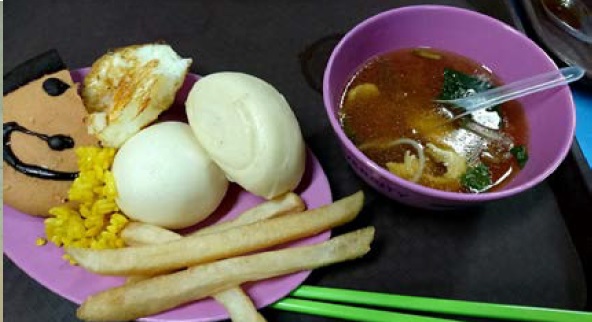
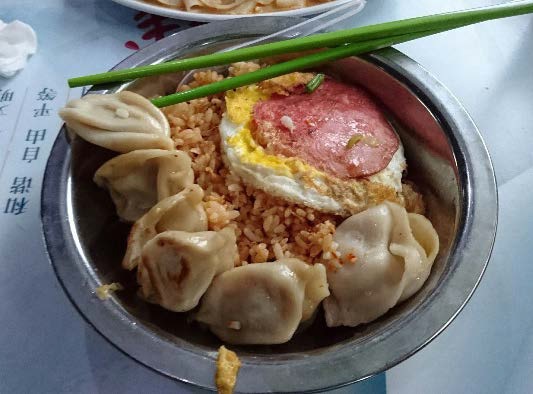
figure 2. At the cafeteria in Tsinghua University
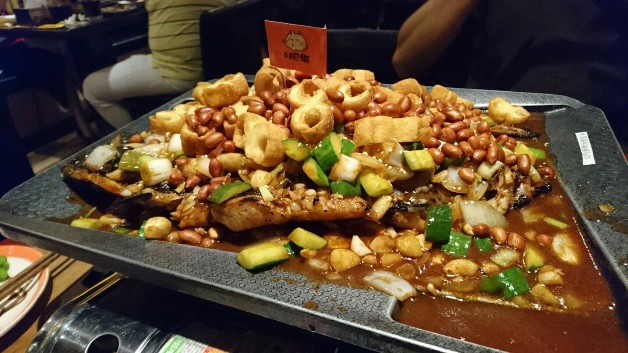
figure 3. At the restaurant
Also, the university prepared the dormitory where I live, but there were two single rooms shared with kitchen and unit bath. When I first entered the room, I already had clothes and bags, apparently someone was coming ahead. However, the knob had a Do not disturb card on the hotel to inform the cleaners. I was nervous about what kind of person is next to me, but he did not show up at all. There was a refrigerator and a microwave in the kitchen. I was surprised that I was not informed that there were these items before I studied abroad. There were some drinks in the refrigerator and there werehalf-eaten snacks in the kitchen. Apparently it seemed that someone have lived before I came. I usually ate my meal at the university cafeteria so I never used the kitchen. After about a week, someone entered the next room and lots of baggage was moving while I was away, so I thought that the neighbor came home from a trip or something. However, in a few days, him baggage almost disappeared, and when a cleaning worker entered the next room, I glanced the inside of the room, but there was only furniture that was equipped. There was nothing else. Apparently, the neighbor seemed to have left somewhere before seeing me, and as a result I could not know who the neighbor was. I regretted that I did not see the neighbor.
I had a hard time due to beside cultural differences with Japan. For example, there is no paper in the toilet, so it must always be carried. I used it almost when I went back to Japan because I went to the toilet frequently. Tsinghua University was very large, and most students were traveling by bicycle. I walked to move in the campus, so I am very tired. Perhaps the other walking foreign students thought so. If I have lived in China for a long time, I may get used to this culture. However, I think that Japan that I live for long time is more comfortable.
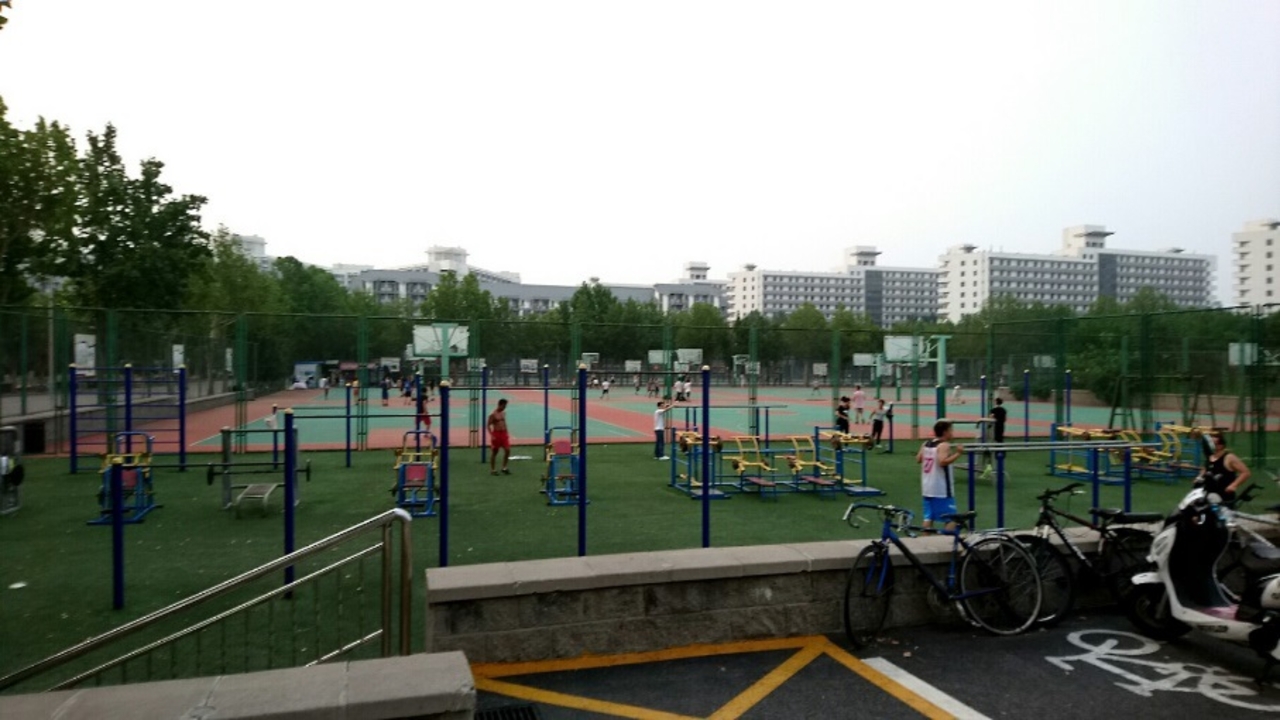
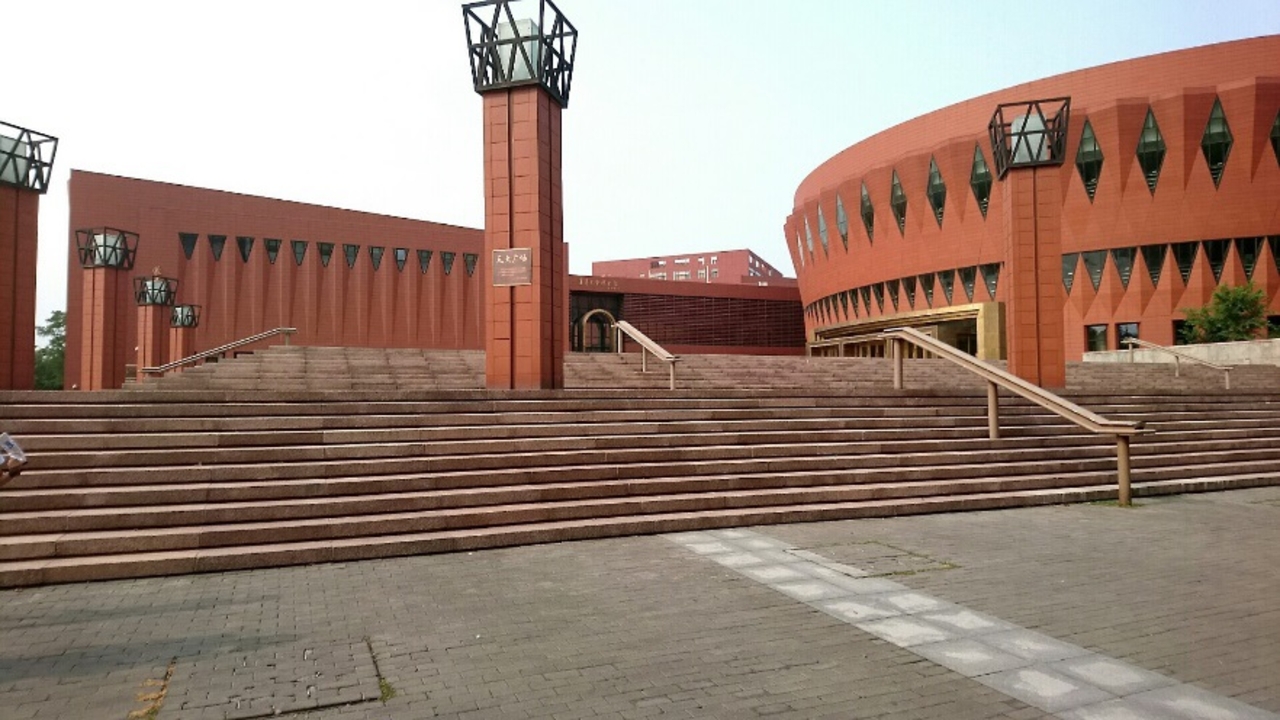
figure 4. In the campus of Tsinghua University
Lecture and Fieldwork
Program activities began on the second day. At first we met each group and got alecture. The schedule of the lecture in the first week was primarily field lecture in themorning and fieldwork in the afternoon. In the second week, we often stayed outside withfieldwork all day. Once in a while, there is a campus tour of Tsinghua University, and Iwas able to appreciate exhibits at libraries and museums. The time was set for about halfa day and I was very satisfied because I like going to museums. Tsinghua University'scampus is very large, so it took about 30 minutes to get to the end from the center. Themap of the campus is essential because I can not remember the road at all by just walkingonce.
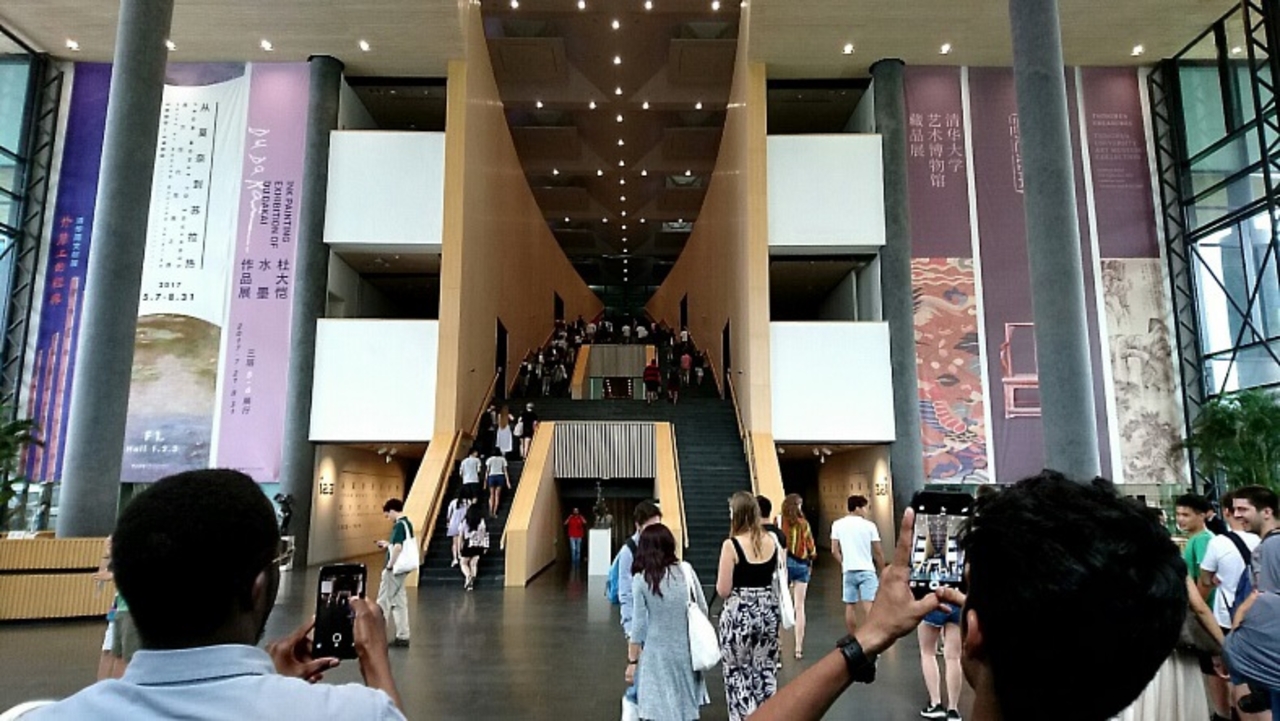
figure 5. The museum in Tsinghua University
All the languages of the lecture were in English and it was very hard to understand. However, if I looked at the slide of the lecture, English words that I did not understand can be examined in a dictionary immediately, and figures and pictures are visually easy to understand. When the content of the lecture was difficult, some foreign students said that they did not understand well, I was a little relieved. I had my hands full understanding the contents, but other students asked professor many times so that the question time extended. I thought that there were many questions during the class in foreign countries lecture, but there were not so many remarks. Sometimes, there was a teacher who seems to have poor English, and he talked slowly in English. If the students English is fast when asking questions, the teacher answered and received questions via interpreters. The interpreter was the same person in various classes. It seemed a bit difficult to cover long questions. In such a case, foreign students helped the teacher saying English words that was suitable for it. It was impressive to go to the state-of-the-art laboratory of information to receive group lectures. We learned the change of the times of the Chinese city by using statistical data such as increase of population which is not open to the public.
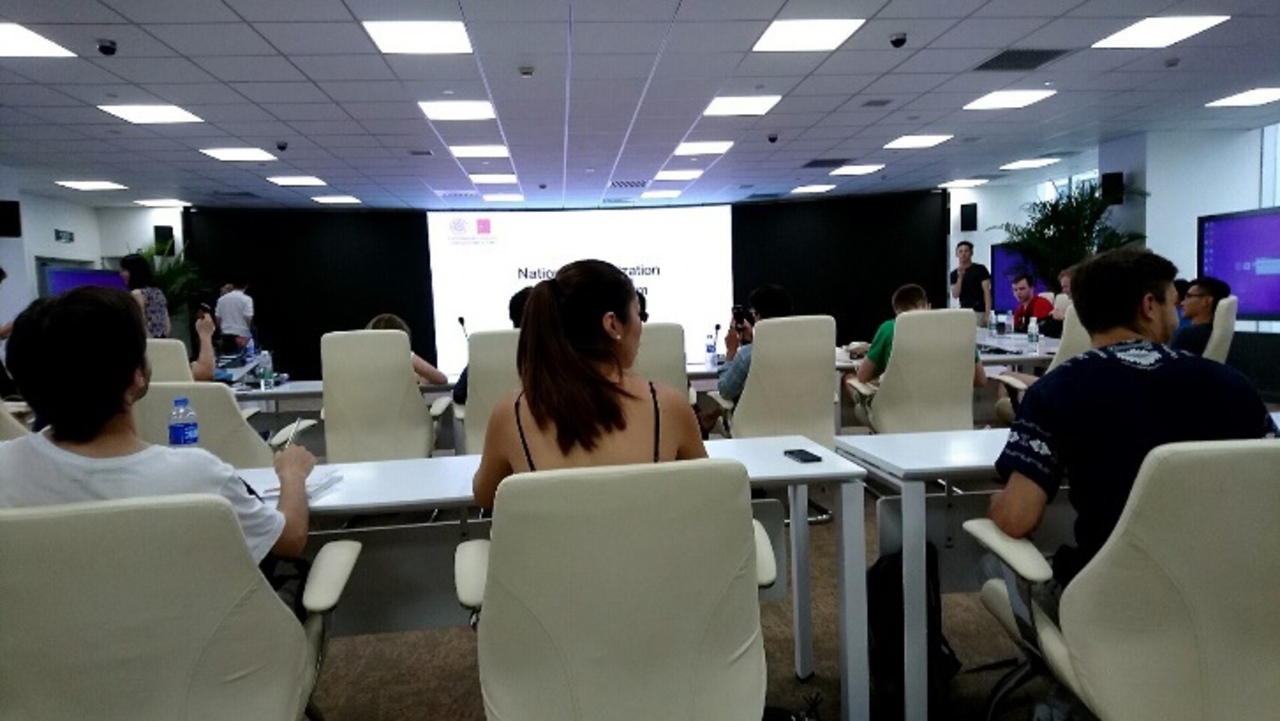
figure 6. Big data lab of the Institute for China sustainable urbanization
In fieldwork, the place where it became a cultural city from the industrial area was impressive. The place's name is "Shougang" and "798 Art District". First, the Olympic games will be held in 2022 in "Shougang". We were able to see the entire industrial area from a high place, and we were able to confirm places where development has not progressed yet. Next, "798 Art District" is a cultural and creative district that developed from industrial areas. There are places where you can buy souvenirs here in famous places as sightseeing spots. The whole district was a work of art, and I enjoyed it just by walking. I entered in an exhibition of some painters I did not know and it was sold a high-priced. It was a very fresh scenery because the pipes of the factory was exposed to places in the town, and It was fashionable making use of factory site.

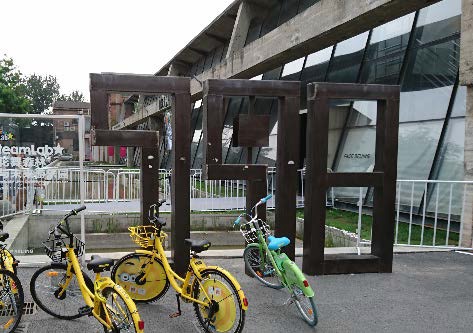
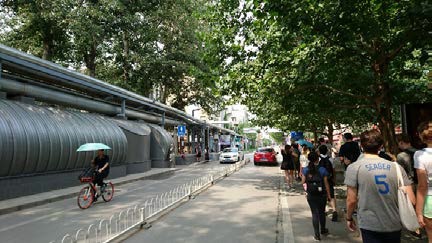
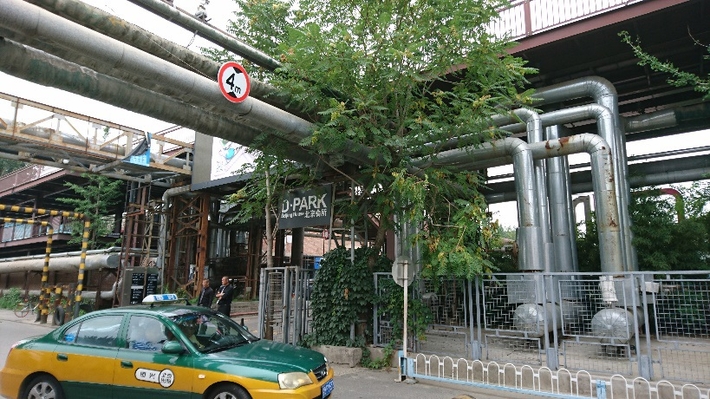

figure 8. At 798 Art District
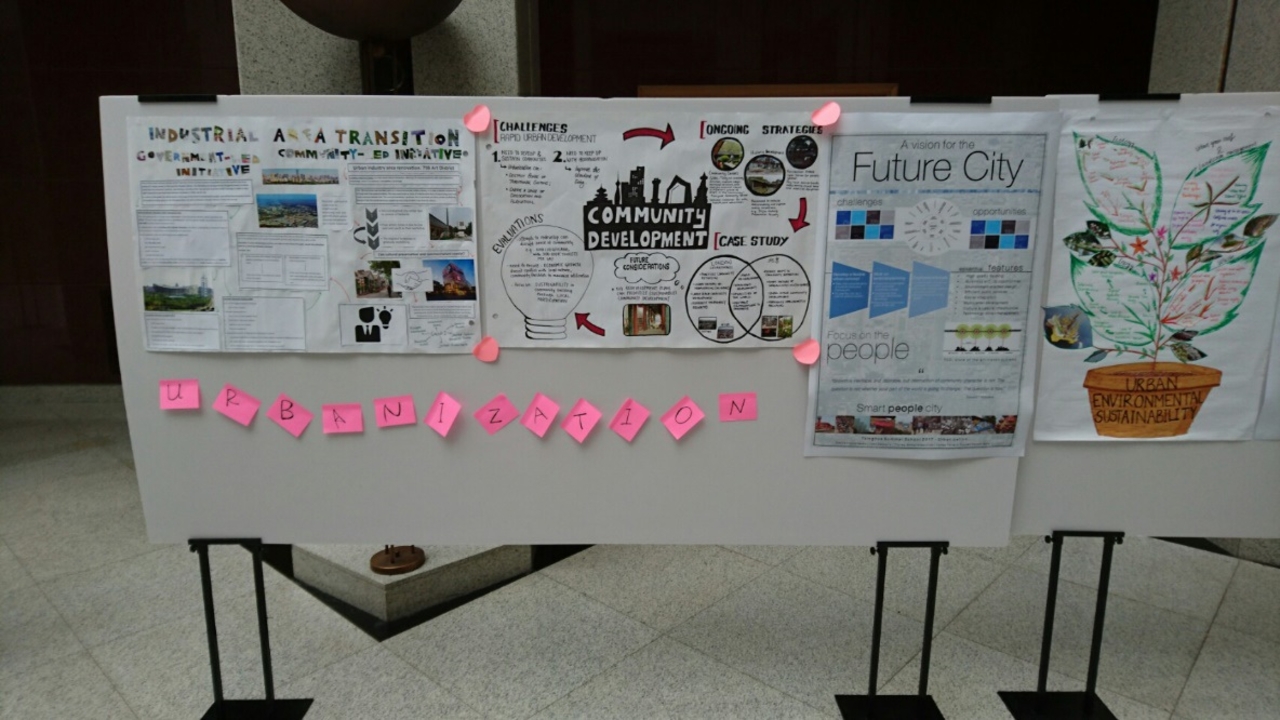
In this program, I talked with foreign students from other countries more than Chinese people. As the local Chinese students supported foreign students as volunteers, I talked with other students in my group. I got along with people in Southeast Asia such as Indonesia and Singapore. I thought, we were gathered in similar areas. Some foreignstudents had visited China several times and there was a person who could speak a little Chinese. In the free time, my friend in them arranged a taxi, so he was very dependable. Thanks to that, I was able to go sightseeing efficiently. In the whole group, I got the impression that many foreign students were from Europe and the United States. On the contrary, there seemed to be only two people from Japan. I was a little sad. I thought, foreign people who were from distant countries may be more interested in China. Some people also have visited Japan. They asked me about tourist spots of Japan. However, theyknew many places where I did not know, so I felt that they were more familiar with Japan than I. All overseas students were basically gentle and touched me for sure to understand even if I used a bad English. However, when I went to the meeting place on time, most foreign people did not come. I thought that this personality is different from Japanese. I felt they were more relaxed than the Japanese, but they were also a rough personality.
Conclusion
tourists are gathered in Chinese urban cities. However, once you get out of the way a bit, it lost lively and old houses lined up. I t will be in the countryside. Since it is currently under development, the difference between the urban city and the rural city is outstanding in China. Nevertheless, there are many examples that towns that have been lost as rural areas developed as urban cities with the cooperation of many residents and officials. I think that If China will continue to develop in the future, there is concern about the possibility that it will become a better country than Japan. It seems good. However, the environment in China is not as good as I thought, and the sky was always cloudy from air pollution. The culture of life is different from Japan naturally. Personally, I could not get used to it much. In this way, the impression of living was not so good, but if you study for a long time, the impression may change again. Also, I thought that I would like to be a person who can contribute to Japan in the future by raising my English skills, communication skills and more like foreign students I met as a one Japanese person in order to make Japan a country that do not be defeated by China. Through this summer program, I was able to see and hear not only the superficial information of China but also the Chinese inside. This was very stimulating for me now, so not only knowledge but also experience became useful information.
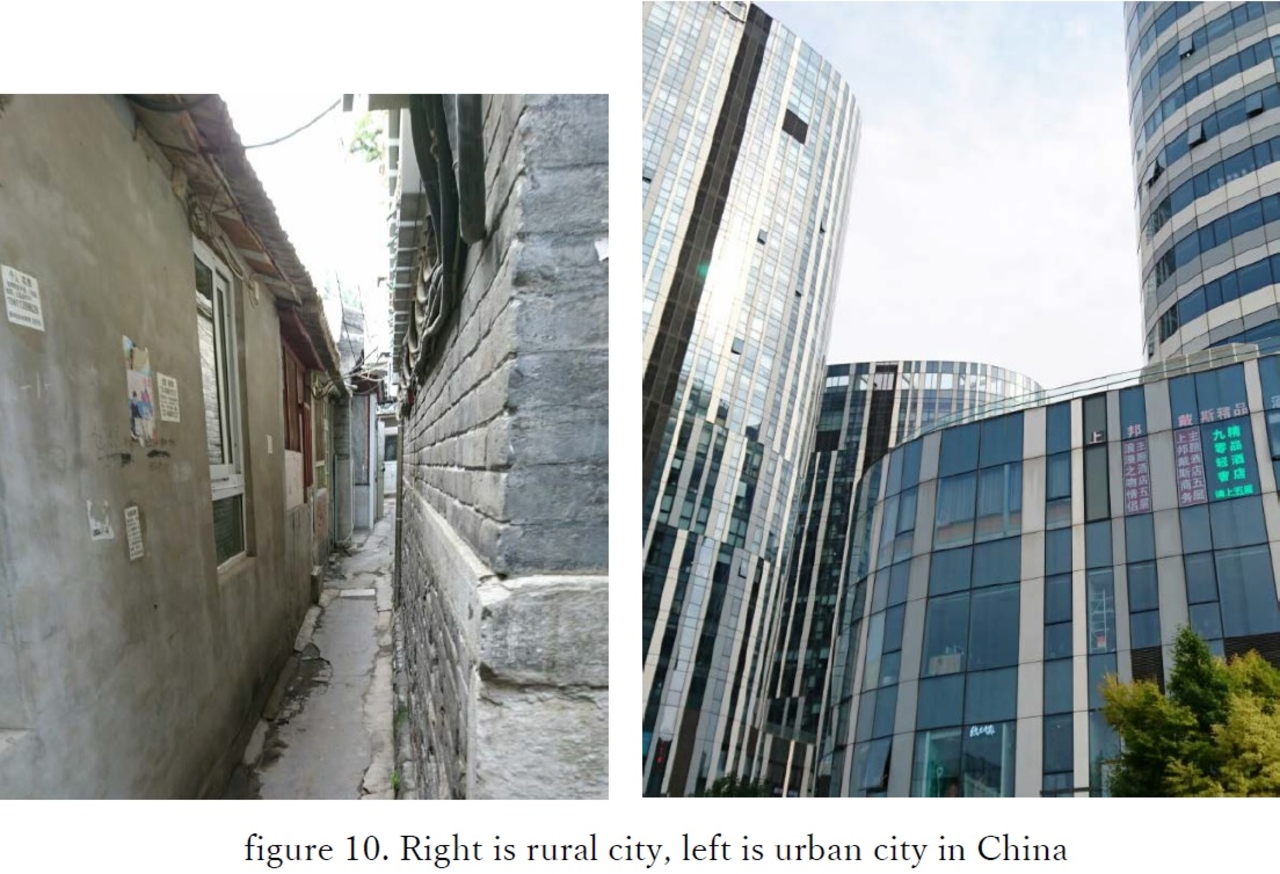
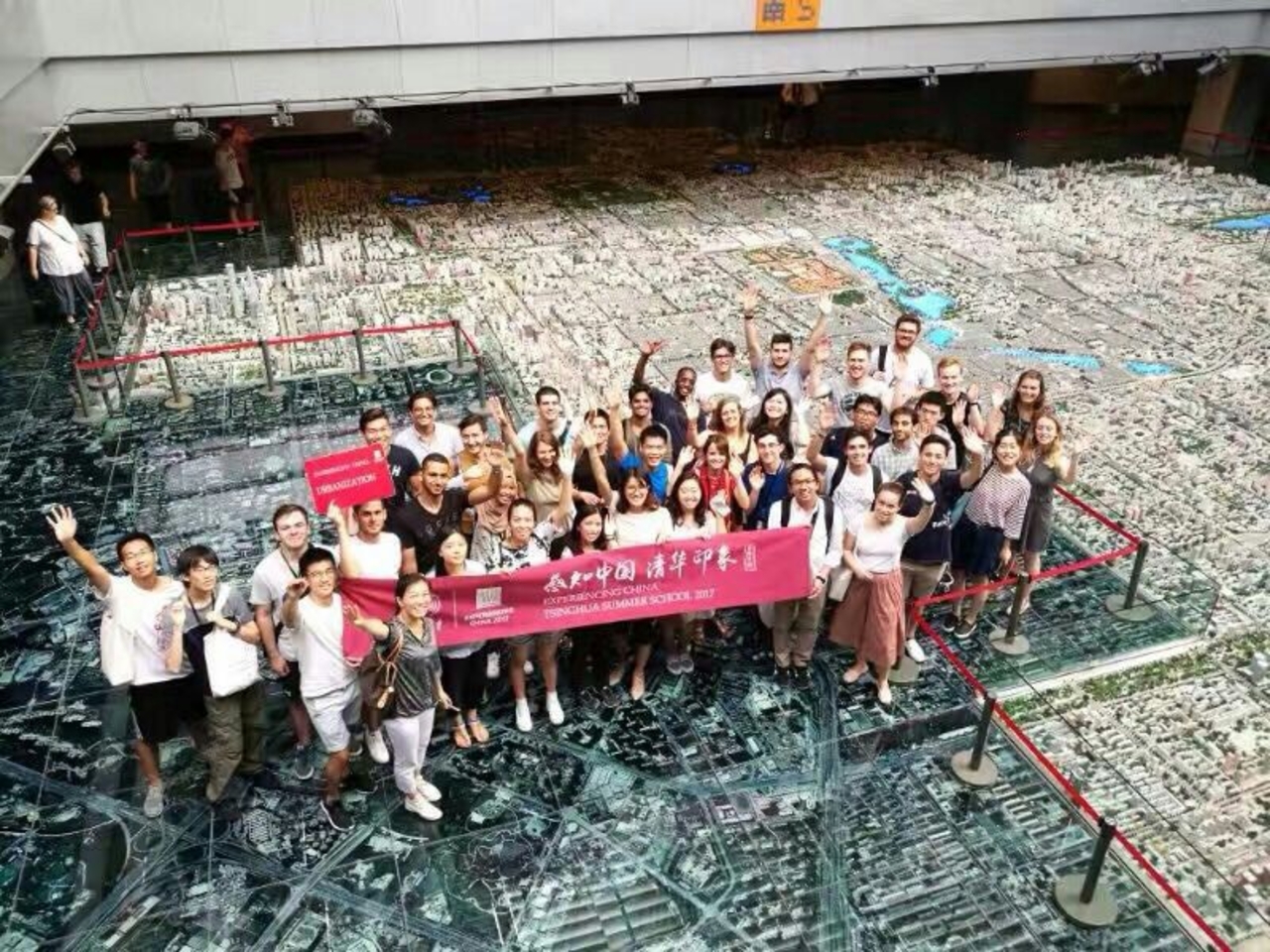
figure 11. Group photo


